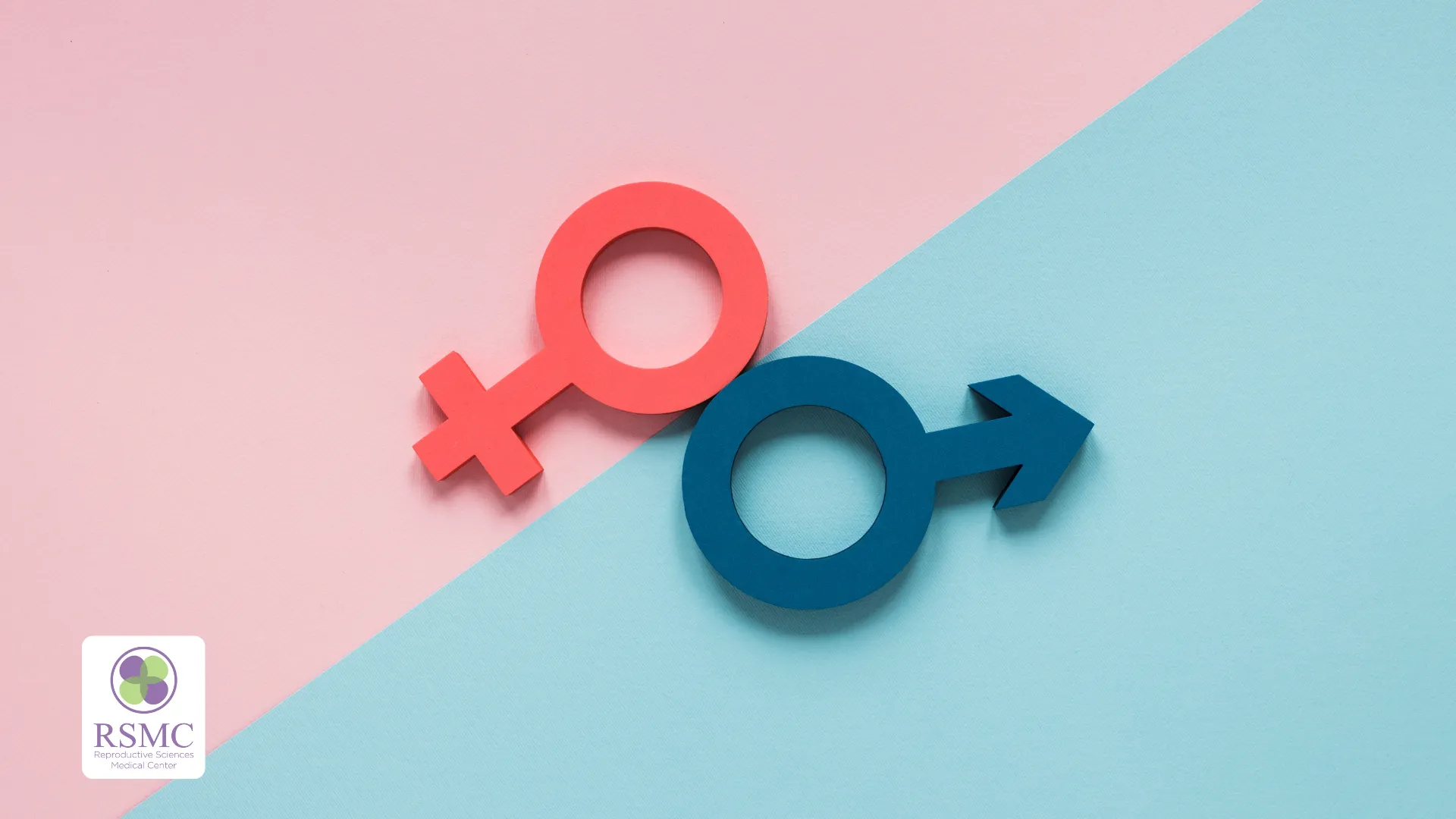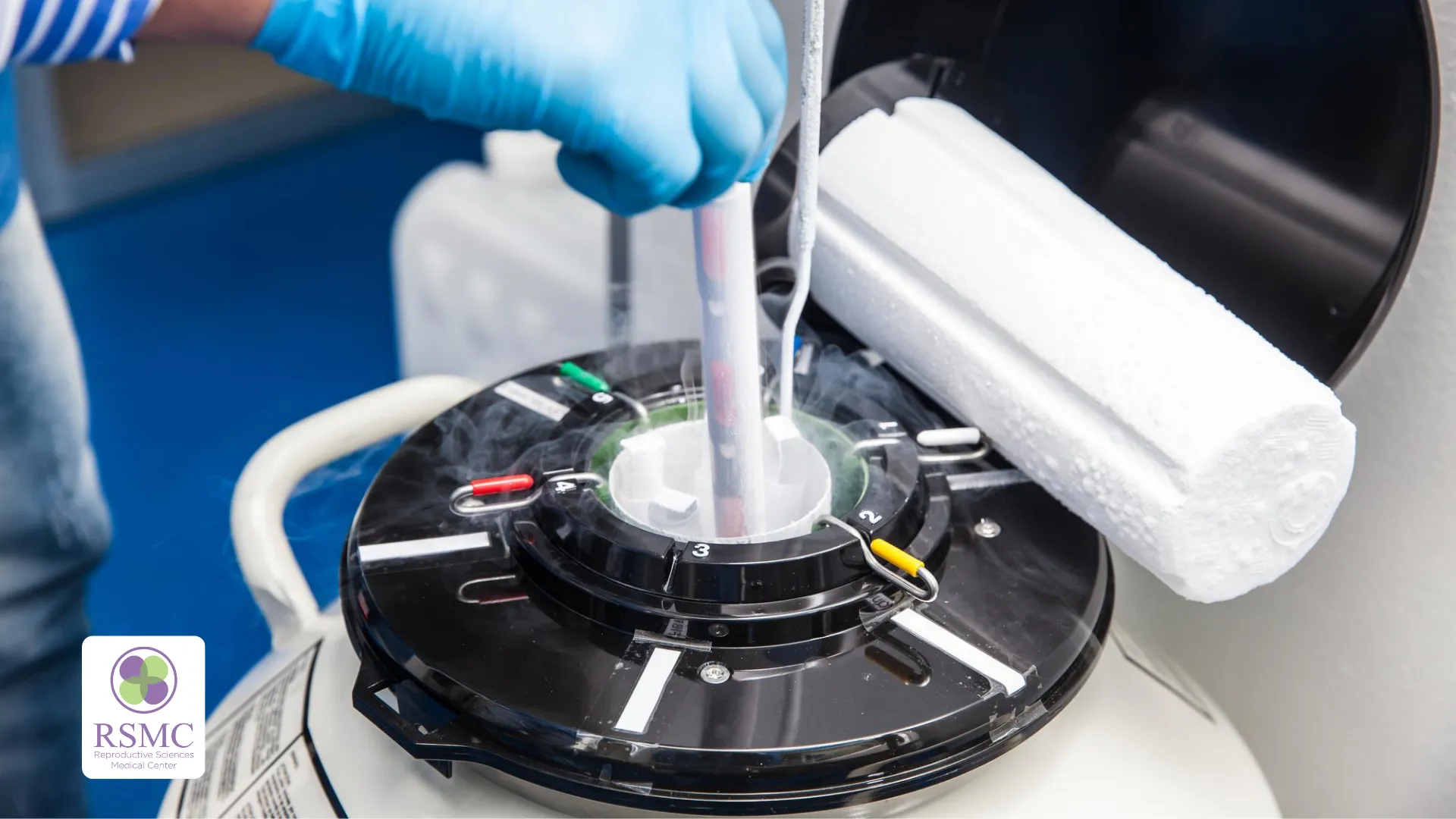If an egg donor is needed on your path to parenthood, there are many things to consider. Some people choose a friend or a family member to be an egg donor for them, while others choose to work through an agency or fertility clinic, which can pair egg donors with you. We considered being the best egg donation & fertility clinic in San Diego because we can help you find the best-matched egg donor. We shortlist the best quality egg donors in California.
Many Intended Parents make the mistake of placing their focus only on physical characteristics such as body structure, hair, or eye color. However, there is more to choosing an egg donor than that.
Finding a quality egg donor can mean the difference between a successful IVF procedure and disappointment. The number of eggs and their quality determine how successful was the egg donation procedure. Egg’s ability to result in a successful pregnancy can also determine how successful is the donation.
Success and number of embryos
The chances of a successful pregnancy rely heavily on the quality of eggs. The more high-quality eggs you have, the more opportunities you have to repeat the procedure if needed.
The success rate of surrogacy procedures is 65% for high-quality fresh eggs to 45% for medium-quality embryos. A successful pregnancy is not guaranteed after any IVF procedure. Therefore, you might need to repeat your transfer cycle, with high-quality embryos. For this reason, the more high-quality eggs you have, the greater are your chances of success.
On average, an egg donation cycle will typically result in 12 to 14 eggs, of which 10 to 12 become viable embryos. Out of the ten viable embryos, around 3 or 4 will be of high quality. The goal of an IVF procedure is to have as many high-quality embryos as possible, and for this to occur, you must choose a donor that can provide at least 12 or more eggs in a single egg donation cycle. If the number of retrieved eggs is less than 12, then you may not have enough high-quality embryos to repeat your transfer cycle and ensure a successful pregnancy.
A donor with a good fertility history can produce up to 18 or more eggs each cycle. This is enough for several attempts and provides an excellent chance of a successful pregnancy.
Why should you ask questions?
For this reason, it’s important to ask questions about the fertility history of each candidate and work closely with your fertility agency while choosing your egg donor. It is also vital to pay attention to fertility indicators such as age and previous pregnancies.
The candidate’s age and fertility history should be the most crucial factor when choosing an egg donor. Young donors, between the age of 21 and 27, respond more to fertility treatments and will provide a greater number of healthy eggs. A proven history of fertility shows that the retrieved eggs will be healthy and fertile.
Questions to ask about your egg donor
Here is the list of criteria that you should look for when choosing an egg donor:
- Has the donor donated her eggs before? If yes, then how many eggs were retrieved? Women who have produced a desirable quantity of mature eggs in the past cycles are likely to do so again and again.
- Has the donor donated her eggs recently? Make sure she hasn’t done so in the last four months. This waiting period is important because the ovarian reserve takes 3 to 4 months to replenish after a donation cycle has been completed.
- Are her eggs fertile? This can be seen through her fertility history, which states how many children she has, and how many pregnancies have resulted from her previous donations if any.
- What is the donor’s current age? Age is a very important factor with a significant impact on the results of an egg donation cycle. In general, women in their 20s have the best results. Once a woman turns 30, her fertility drops quickly and dramatically.
- Does she have many siblings? Having more siblings can be an indication that the candidate is very fertile because her parents were also fertile. This acts as an indicator if you don’t have her complete fertility history to answer the above questions.
We suggest you make a list of your top 5 donors and let your fertility clinic run evaluations on it. The clinic will find the most fertile donor at the moment. Women’s fertility may fluctuate from month to month, so choosing only one candidate may not be the best course of action, as she may not be at peak fertility that month. We helped many couples and we are the most popular egg donation clinic in San Diego for California.
Egg donation from family and friends
If you are planning to have a friend or family member donate their eggs to you, they will be required to go through the same procedure as an anonymous donor. Your fertility clinic can explain the steps needed and tell you when each should be taken.
The best part about working with a fertility clinic is that they will manage the egg donor’s medical records and test results, and all the legal paperwork that comes with it.
The clinic will create a calendar based on the dates that you have set for the donation. The dates will include the donor’s fertility treatments and clinic appointments, the surrogate’s treatments, the egg retrieval date, embryo transfer, and pregnancy.
In case you decide not to go with an egg bank or an egg donation agency you will need to find a suitable donor. Finding a suitable egg donor can prove to be a difficult process. With the help of a local fertility specialist, you’ll be required to coordinate all her treatments. We are the best egg donation agency in San Diego, California with quality egg donors.
Options for choosing an egg donor
There are three possible sources for egg donors. The option you choose is completely dependent on your personal preference.
- Go through an international donation agency
International agencies have donors of almost any ethnicity, and they are most thoroughly evaluated. The cost of an international donor can be anywhere from $14,000 to $20,000. This cost also includes travel expenses for clinic visits and the retrieval procedure cost.
- Have a friend or family member donate for you
Not many women choose this route, but it’s an option that you might want to consider. Your desired friend or family member will have to pass a series of fertility tests to make sure she’s fertile. Retrieval may need 15 days to be completed during this time she will need to be at a clinic.
If you would like to learn more about our egg donation program, you can always schedule a consultation with us. We ensure you find the best quality eggs from California egg donors or learn more about our egg donation services here.























